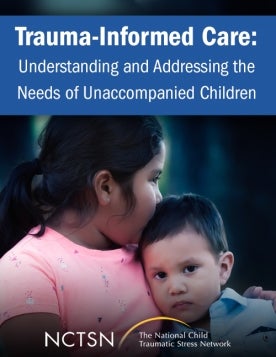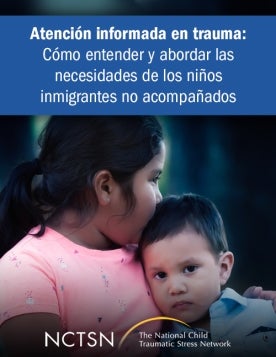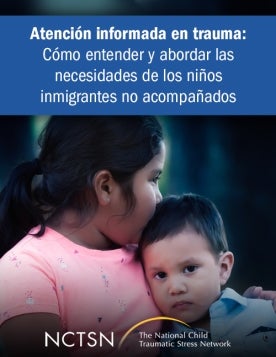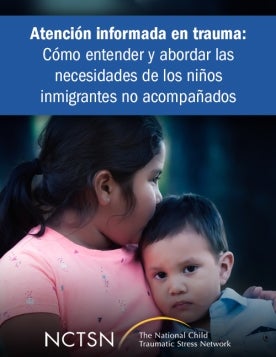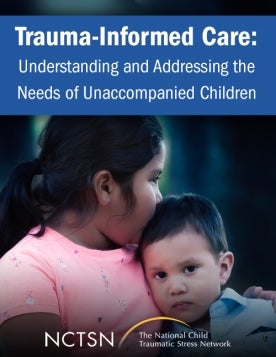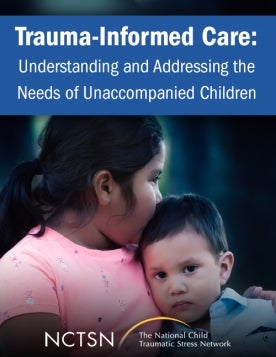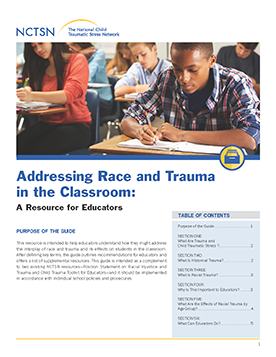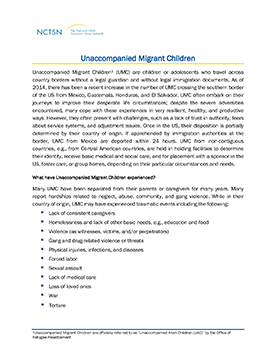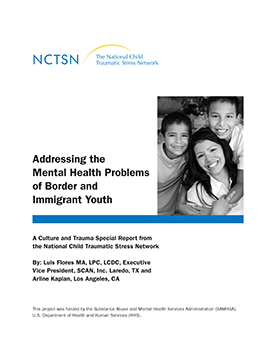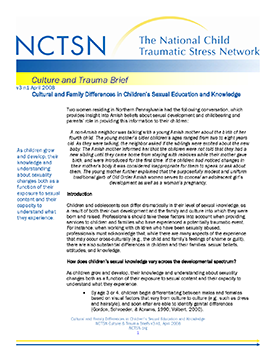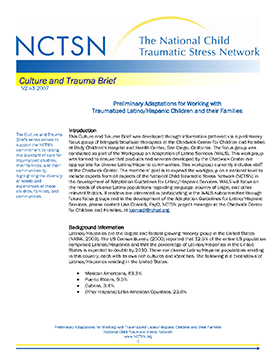July was first declared as National Minority Mental Health Awareness Month in 2008. Since then, July has been a time to acknowledge and explore issues concerning mental health, substance use disorders, and minority communities, and to destigmatize mental illness and enhance public awareness of mental illness among affected minority groups across the U.S. Studies suggest that racial minority groups and sexual minority groups show higher levels of anxiety, depression, suicidal tendencies, post-traumatic stress disorder (PTSD), and other mental health disorders. Unfortunately, in most of the cases, society’s deep-rooted prejudice towards such stigmatized minority groups is a major cause of feelings of rejection, estrangement, and harassment. Moreover, immigration status, economic conditions, education levels, and access to public health benefits are just a few differences that can adversely impact the experiences of various ethnic groups in the U.S.
The National Child Traumatic Stress Network (NCTSN) has compiled a list of helpful resources for parents and caregivers, children and teens, mental health providers, child welfare and juvenile justice professionals, healthcare providers, educators and school staff, and policy makers.
